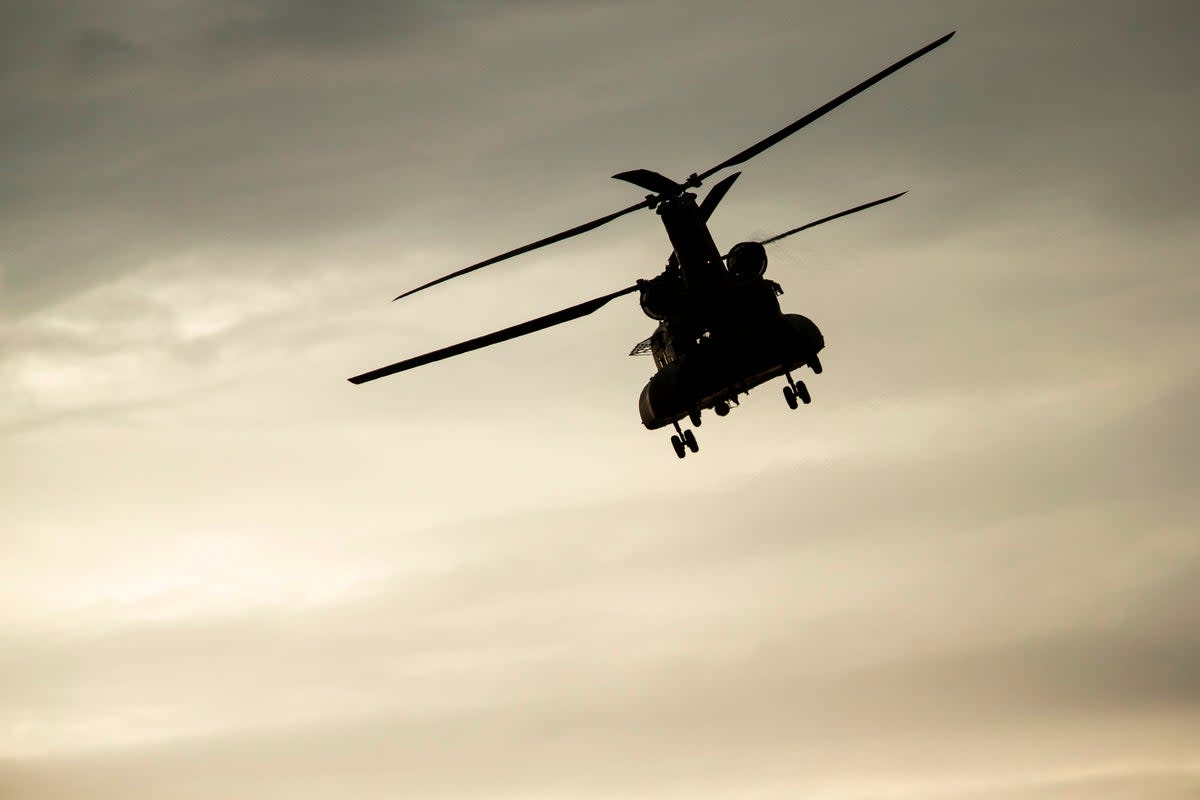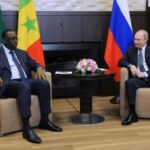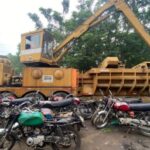
Justin Trudeau has said that China’s actions in international airspace while Canadian patrol aircraft were monitoring North Korea sanction evasions were “extremely troubling”.
Canada has stationed its aircraft in Japan as the nation participates in the multinational effort to implement UN sanctions against North Korea for its nuclear weapons and ballistic missiles programmes.
Aircraft of China’s People’s Liberation Army Air Force approached long-range patrol aircraft of the Royal Canadian Air Force several times between 26 April and 26 May, Ottawa has said, adding that they did not adhere to standard safety norms.
“Canada is an active part of an important mission in the North Pacific to ensure that the sanctions applied to North Korea are properly enforced and the fact that China would have chosen to do this is extremely troubling,” the Canadian prime minister said on Thursday.
“We will be bringing it up directly with Chinese officials and counterparts and ensuring that this doesn’t continue to be part of an escalatory pattern.”
On Wednesday, the Canadian military accused Chinese air force pilots of engaging in unprofessional and risky behaviour in international airspace.
“These interactions are unprofessional and/or put the safety of the [Royal Canadian air force] personnel at risk,” it said.
In order to avoid a potential collision with intercepting aircraft, Canadian crew had to quickly modify their flight path in some instances, the armed forces said in a statement.
In other instances, Chinese planes flew so close to Canadian aircraft that their crew was “very clearly visible”, Canada said, accusing China of trying to divert their fleet from the designated flight path.
Canada added that such interactions in international airspace during UN-sanctioned missions were becoming more frequent. These occurrences, the Canadian air force said, have been addressed through diplomatic channels.
Canada’s foreign minister Melanie Joly said she was “extremely concerned” about these incidents in the wake of meaningful diplomatic dealings between the two countries held less than six weeks ago.
Ties between Ottawa and Beijing faced a setback after the US arrested Huawei executive Meng Wanzhou, leading to the detention of two Canadians by Beijing in 2021.
Tensions have resurfaced this week after US intelligence said North Korea could be preparing its first nuclear test and pushed for tougher sanctions against Pyongyang at the UN security council, shortly after the Kim Jong-un administration launched rockets and an intercontinental ballistic missile.
So far in 2022, the North has launched 17 rounds of missile tests, including intercontinental ballistic missiles (ICBM), leading to condemnation from its neighbours.




